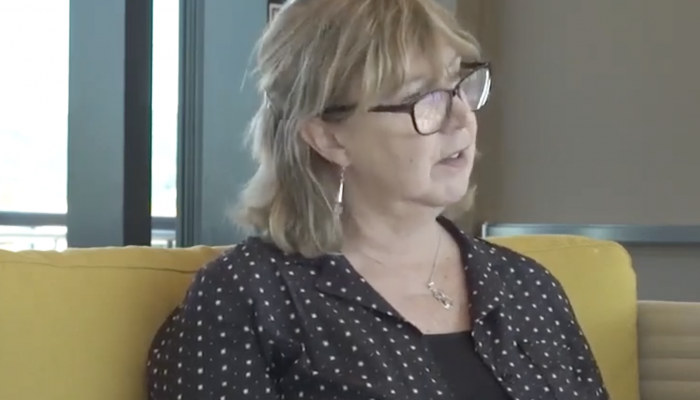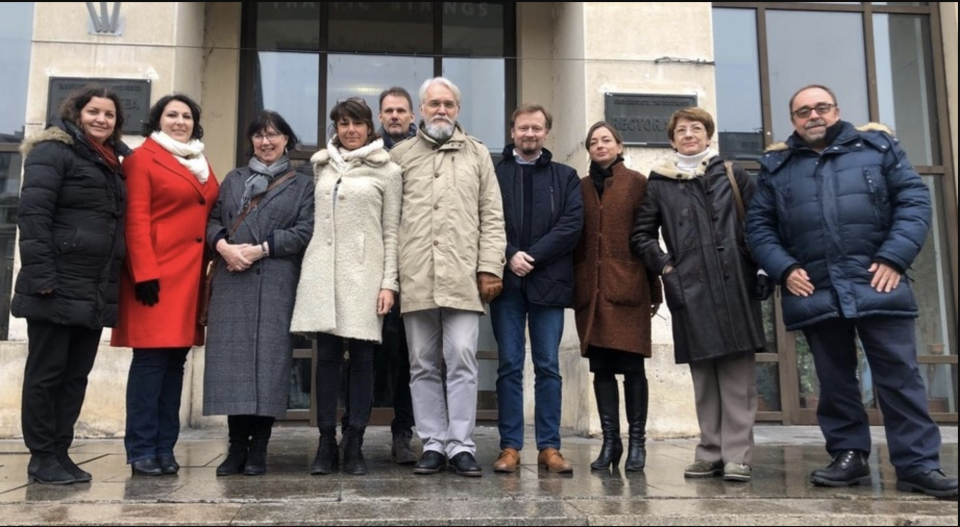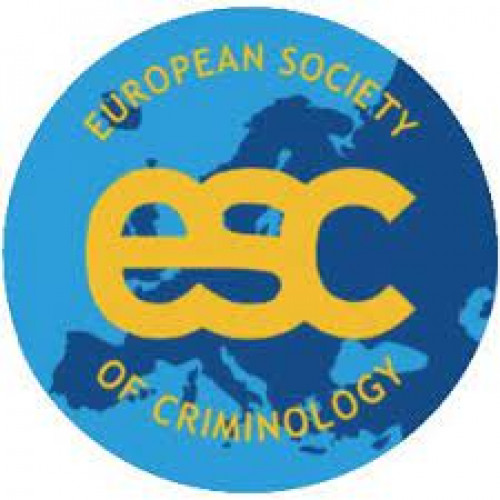25 years of the ESC - the memories of Lesley McAra (ESC President 2019-2020)

I want to begin my reflections as Past President by offering my warmest congratulations to the European Society of Criminology in reaching its first quarter century! It was one greatest honours of my career to have been elected President in 2018 at the very memorable conference in Sarajevo.
My year as President (2019/20) was profoundly shaped by the COVID-19 pandemic and associated lockdowns. Instead of giving my presidential address in the magnificent surroundings of the Law Faculty in Bucharest (which the Board had visited in November 2019), I had to deliver it online from my office in Edinburgh! I am tremendously proud, however, that we managed to pivot the conference online, and to be the only society of criminology in the world to have run a conference that year. It was wonderful also to be able to host a roundtable in the opening plenary session of the, then, Directors of the five major criminology societies - Sandra Walkate, President British Society of Criminology; Dan Nagin, President Elect American Society of Criminology; Tara McGee, President Australian and New Zealand Society of Criminology; Shin'ichi Ishizuka, Executive Board Member of the Asian Criminological Society, and me, of course, from the ESC. We debated crime, justice and social order in a time of pandemic and the future direction of criminology – a unique moment of inter-jurisdictional solidarity in challenging times.

As the ESC reaches its 25th birthday, I believe that our society matters more than ever before. The ESC is a site of theoretical and methodological crossings, a place of convocation, debate and challenge and a place of comradeship and co-creativity. Our research and myriad working groups speak to many of the most urgent questions of our times: questions about citizenship and good governance; about peace and social justice, and more. In setting an agenda for the next quarter century, it behoves us to consider how a reinvigorated European criminological project can mobilise its collective voice and institutional capital to reach out to our wider publics (including communities, politicians and policy-makers) and utilise our robust evidence-base to engage, to critique and to transform.
As the first person from Scotland to be elected as President (another source of pride!), I’m going to close by bestowing on the ESC a Scots Gaelic blessing:
Gura math a thèid leibh
May goodness go with you
